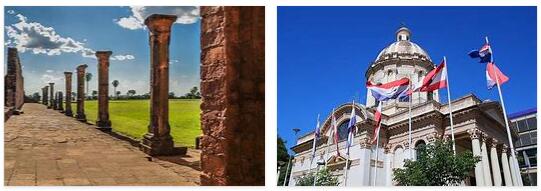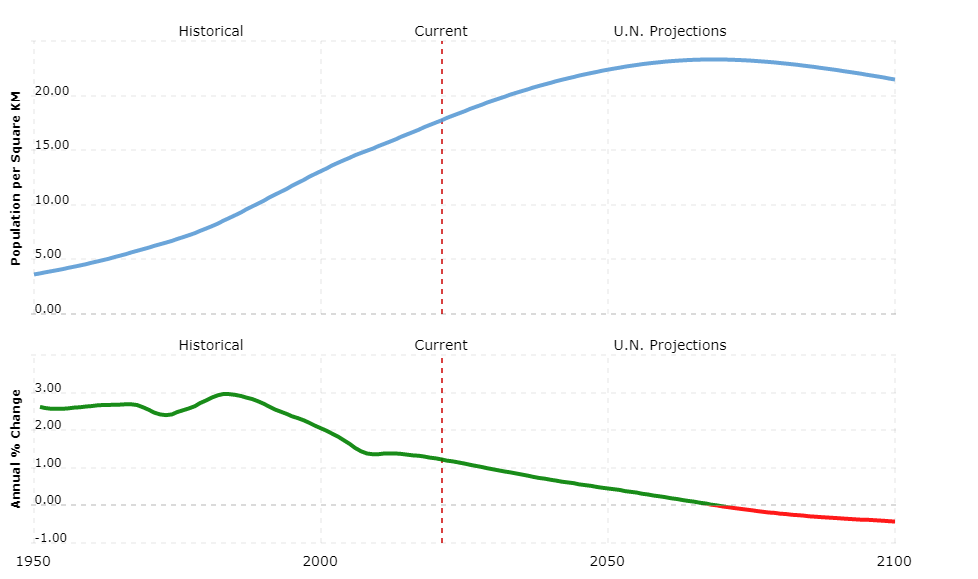Paraguay History: From The Military Dictatorship to The Establishment of Democracy
This conflict also had decisive effects on the internal life of Paraguay. Returning from the front, the soldiers and officers warned that their sacrifices had no counterpart in the conduct of the upper classes: then they organized themselves into revolutionary groups and in 1936, squeezed into the Partido de la Reforma (later renamed Partido Febrerista… Read More »


